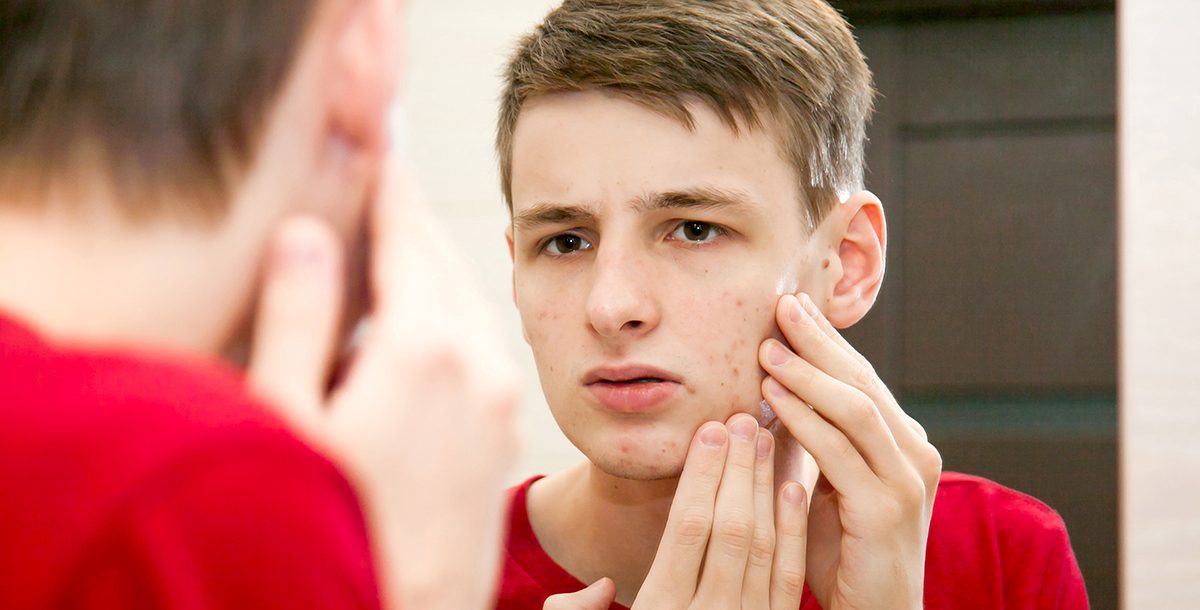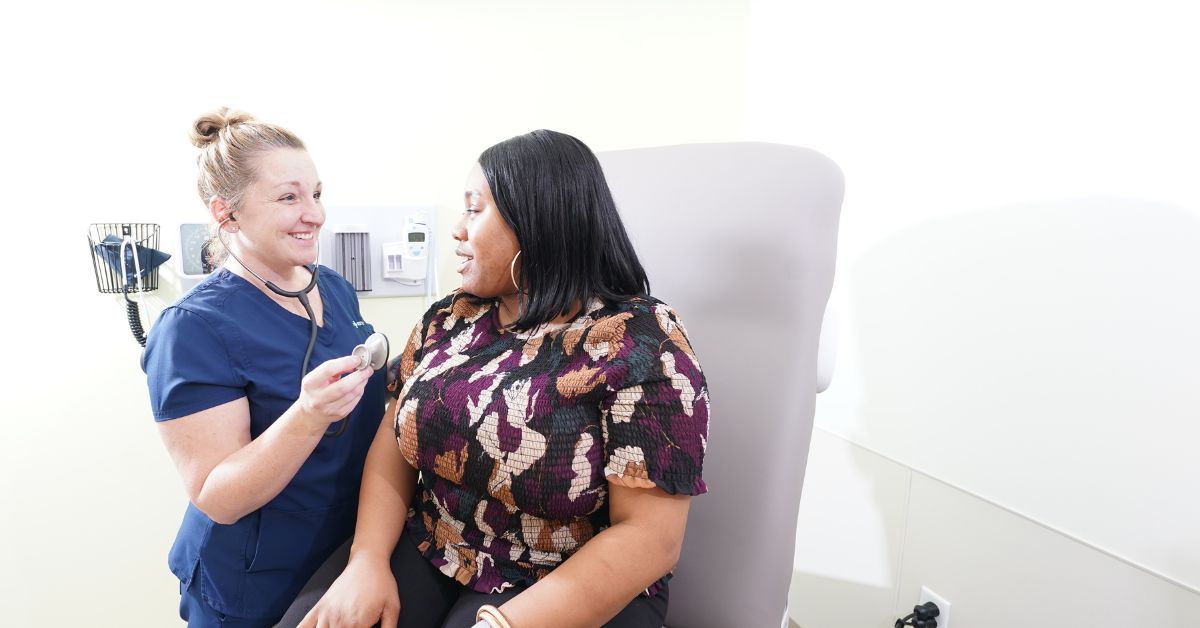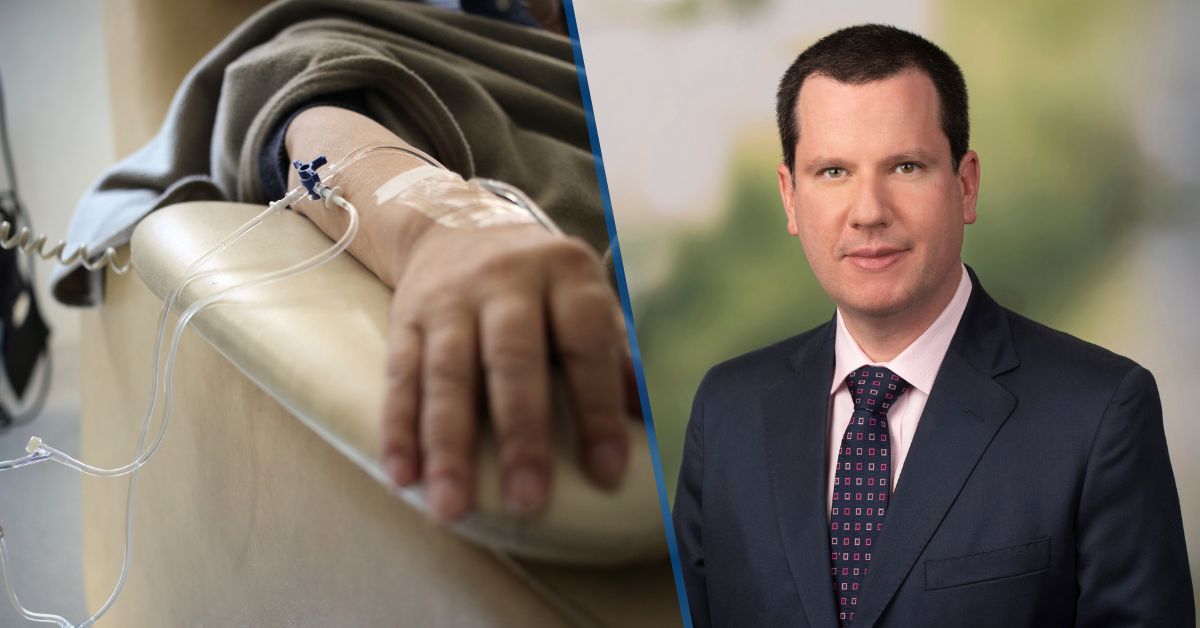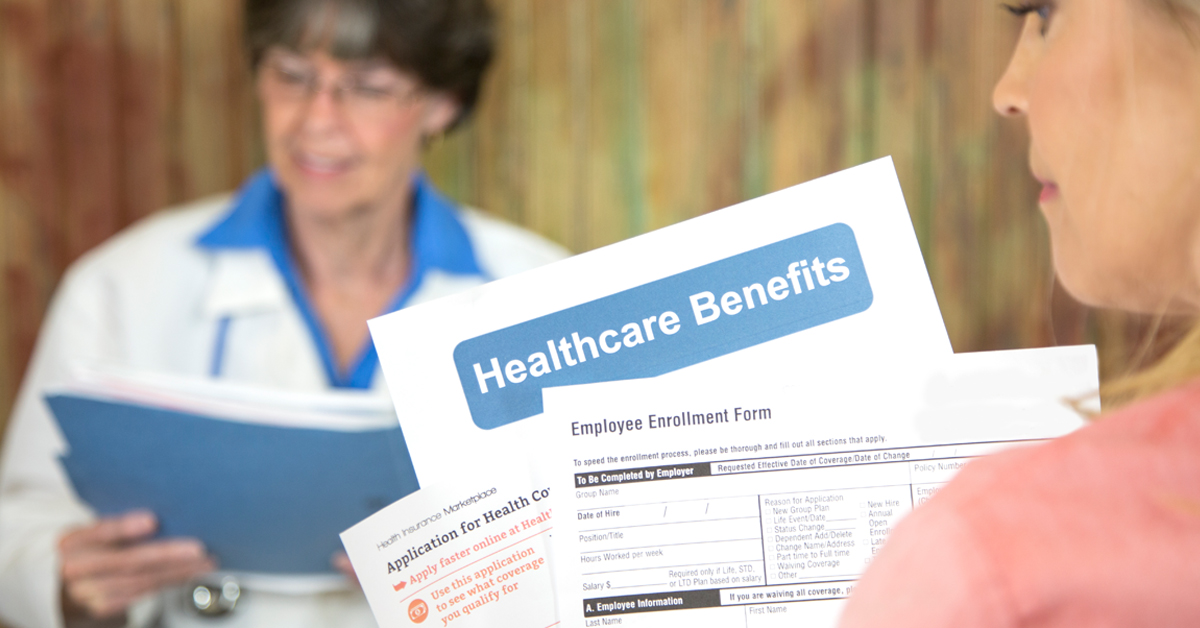Monkeypox is becoming a popular topic across the nation. James Radike, MD, one of our infectious disease physicians, is here to answer everyone’s burning questions about this virus.
What is monkeypox?
Dr. Radike: The virus itself is a member of the family Poxviridae of which also contains smallpox (Variola virus), vaccinia virus (the agent of the two available smallpox/monkeypox vaccines) and the cowpox. These viruses are large DNA viruses that, for the most part, can be transmitted from animals to humans, except for both the smallpox and vaccinia viruses, which only reside in and infect humans. The transmission of viruses from animals to humans requires contact with infected animals to enter and infect humans.
What are the symptoms of monkeypox?
Dr. Radike: The symptoms of monkeypox can be a fever, myalgias, cough and swollen lymph nodes. Generally, these symptoms are followed within four days by the onset of a rash that evolves from a spot, to a bump, to a blister and then to a large as well as painful whitehead.
Unlike chickenpox, these lesions historically start on the face, hands, feet and then spread to the chest as well as back. Additionally, these blisters can appear on the palms or soles of your hands or feet.
The interesting aspect of this year’s outbreak is that these skin lesions may only show up on that part of the body where contact was made with the infected individual and not so much on the rest of the body as with previous outbreaks. These skin lesions will shed virus and should be considered infectious until they are completely scabbed in two weeks.
How does someone become infected with monkeypox?
Dr. Radike: Unlike smallpox, monkeypox is rarely fatal. Most cases are spread from human to human from close contact. Transmission can also occur from contact with objects that have been contaminated with the monkeypox virus. The pox lesions are contagious for one to two weeks until they are scabbed over.
How is someone diagnosed with monkeypox?
Dr. Radike: Again, most monkeypox infections are self-limited and mild. While diagnosis of a monkeypox infection is clinical, there is testing available, but this is limited and not free to the patient using commercial labs that typically have a lag period of reporting. Both providers and patients should consult with their local health department for this.
What treatment options are available?
Dr. Radike: Current FDA-approved treatments for infection are very limited. As both the smallpox and monkeypox viruses are similar genetically, treatment is limited to agents previously used for smallpox infections.
There are currently only two vaccines available. The JYNNEOS is a live-virus vaccine developed by a Danish company BAVARIAN NORDIC. Although it is a live-virus vaccine, the virus is incapable of growing within the human body. It was FDA-approved in 2019. It is the only monkeypox vaccine that is FDA-approved for monkeypox and is approved only for pre-exposure protection given as a subcutaneous injection four weeks apart.
The FDA-approved medicine (under emergency authorization) for monkeypox is Tecovirimat (TPOXX). This drug has not been vigorously studied in children and pregnant women. To use this drug, the provider needs to contact their local health department and there are four sets of paperwork to fill out. Side effects are common, and safety has not been thoroughly investigated at this time.
After contracting monkeypox once, what is the likelihood of contracting it again?
Dr. Radike: It is currently unknown whether infection means life-long immunity, so it is possible that patients feasibly get reinfected over time. Expert opinion is that people should receive vaccination if it has been three years since their last vaccination or infection.
As with most viruses, taking prevention steps can help you stay healthy. Here are some prevention actions you can take for monkeypox:
- Avoid close, skin-to-skin contact with people who have a rash that looks like monkeypox.
- Avoid contact with objects and materials that a person with monkeypox used.
- Wash your hands
Learn about the infectious disease services we offer at Bon Secours.





